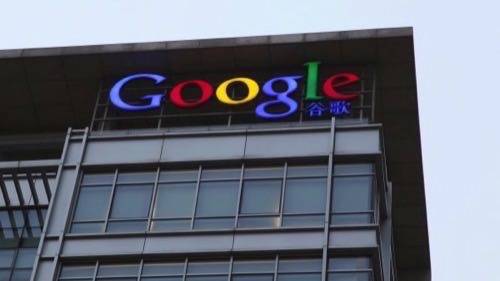
The FTC’s 19-month investigation into allegations of search engine bias and manipulation has ended with a unanimous decision that Google did not perform antitrust practices, a decision that clears Google of allegations from competitors like Microsoft that the company was biasing its search engine results and therefore was anticompetitive.
The results of Federal Trade Commission’s investigation were announced in a Washington press conference Thursday that pretty much stood by Google’s own recommended changes. It appears the commission was satisfied that the company’s own solution would be enough to correct any problems that the Commissioners found during the course of their investigation.
While the FTC Chairman Jon Leibowitz did not completely detail the issues the Commission did find, the conclusion of the investigators were that such concerns were not anti-competitive in nature.
“Although some evidence suggested that Google was trying to eliminate competition, Google’s primary reason for changing the look and feel of its search results to highlight its own products was to improve the user experience. Similarly changes to Google’s algorithm that had the effect of demoting certain competing websites has a plausible connection with improving Google’s search results, especially when competitors tried to game Google’s algorithm in ways that benefited those firms but not consumers looking for the best search results,” Leibowitz stated.
As part of its voluntary restrictions Google has worked out with the FTC, Google will offer more options for websites to work with Google services without threat of penalization in Google’s general search results.
“Websites can already opt out of Google Search, and they can now remove content (for example reviews) from specialized search results pages, such as local, travel and shopping,” wrote David Drummond, Senior Vice President and Chief Legal Officer in a blog post that came out during the conference call.
Advertisers will get more freedoms as well. “Advertisers can already export their ad campaigns from Google AdWords. They will now be able to mix and copy ad campaign data within third-party services that use our AdWords API,” Drummond added.
The FTC also directed Google to return to Fair, Reasonable and Non-Discriminatory (FRAND) practices for patents the search engine giant inherited when it purchased Motorola. Prior to the acquisition by Google, Motorola had initially released certain patents under FRAND terms so industry standards could be coordinated, then began to reverse those terms, seeking injunctions against competitors. Google continued those fights after buying Motorola, but the FTC said enough is enough.
Google’s settlement with the Commission requires that Google abandon their claims for relief on any essential patents with a FRAND commitment,” Leibowitz said. “Google must offer a license on FRAND terms to any company that wants to license these patents in the future.”
While Apple and Microsoft won’t be terribly thrilled with the search engine side of the decision, the settlement agreement to participate in FRAND practices will ultimately help those companies on the mobile hardware side of the business.
Leibowitz was well aware that the results of this investigation might not sit well with some in the tech community.
“While not everything that Google did was beneficial, on balance we didn’t believe that the evidence supported an FTC challenge to this aspect of Google’s business under American law,” Leibowitz indicated. “As Chief Justice Earl Warren wrote more than 50 years ago and as the Federal courts have consistently ruled since, the focus of our law is on protecting competition, not competitors.”
The competitor most affected, of course, is Microsoft, which has been waging a two-year campaign against Google. But Microsoft isn’t giving up the battle, and continues to target Google over its refusal to license its API so Microsoft can build a YouTube app for Windows Phone 8.
See also: Google’s FTC Settlement Is An Epic Fail For Microsoft and Microsoft’s Fight Against Google Continues With YouTube App Complaint.
Image courtesy of testing / Shutterstock.

















